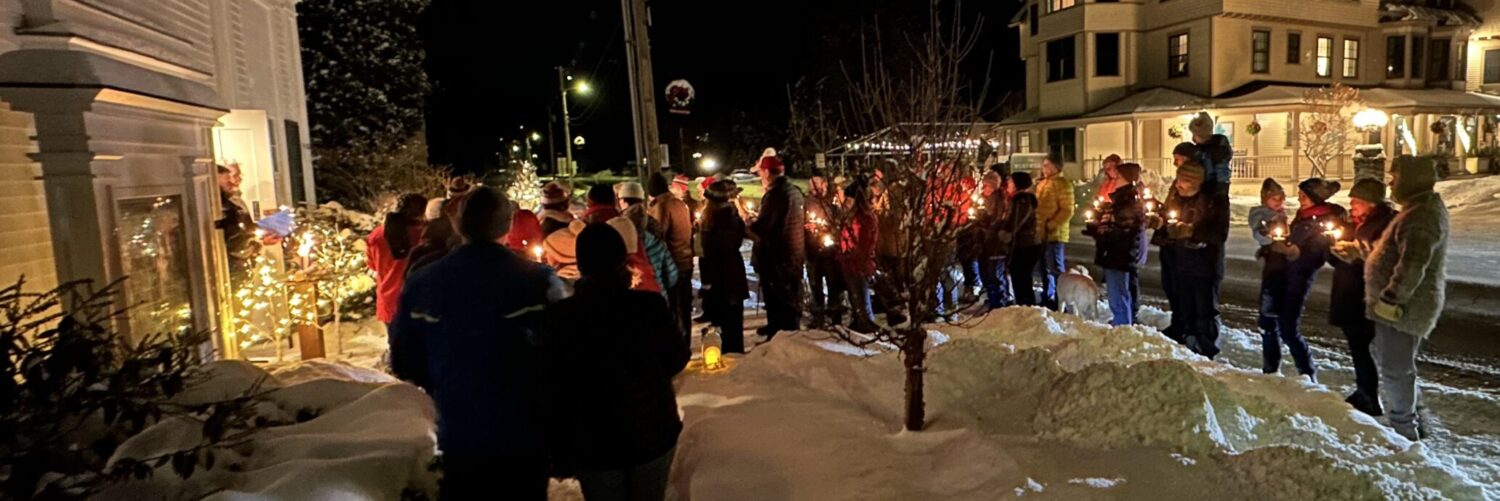Reflections on Veterans Day
SONGS for VETERANS DAY (patriotic & critiques, plus songs from different veteran and veterans’ family experiences): Paradise by Craig Morgan (country): https://youtu.be/f8tn020YucU Just Came Home by Darryl Worley (country): https://youtu.be/KwpO8Q1u4Ss Born in the USA by Bruce Springsteen (rock): https://youtu.be/EPhWR4d3FJQ America by Neil Diamond (rock/pop): https://youtu.be/wTSLRbm8L9E Dear Uncle Sam by Loretta Lynn (countrry): https://youtu.be/ZwOhZufXYso Letters from […]

